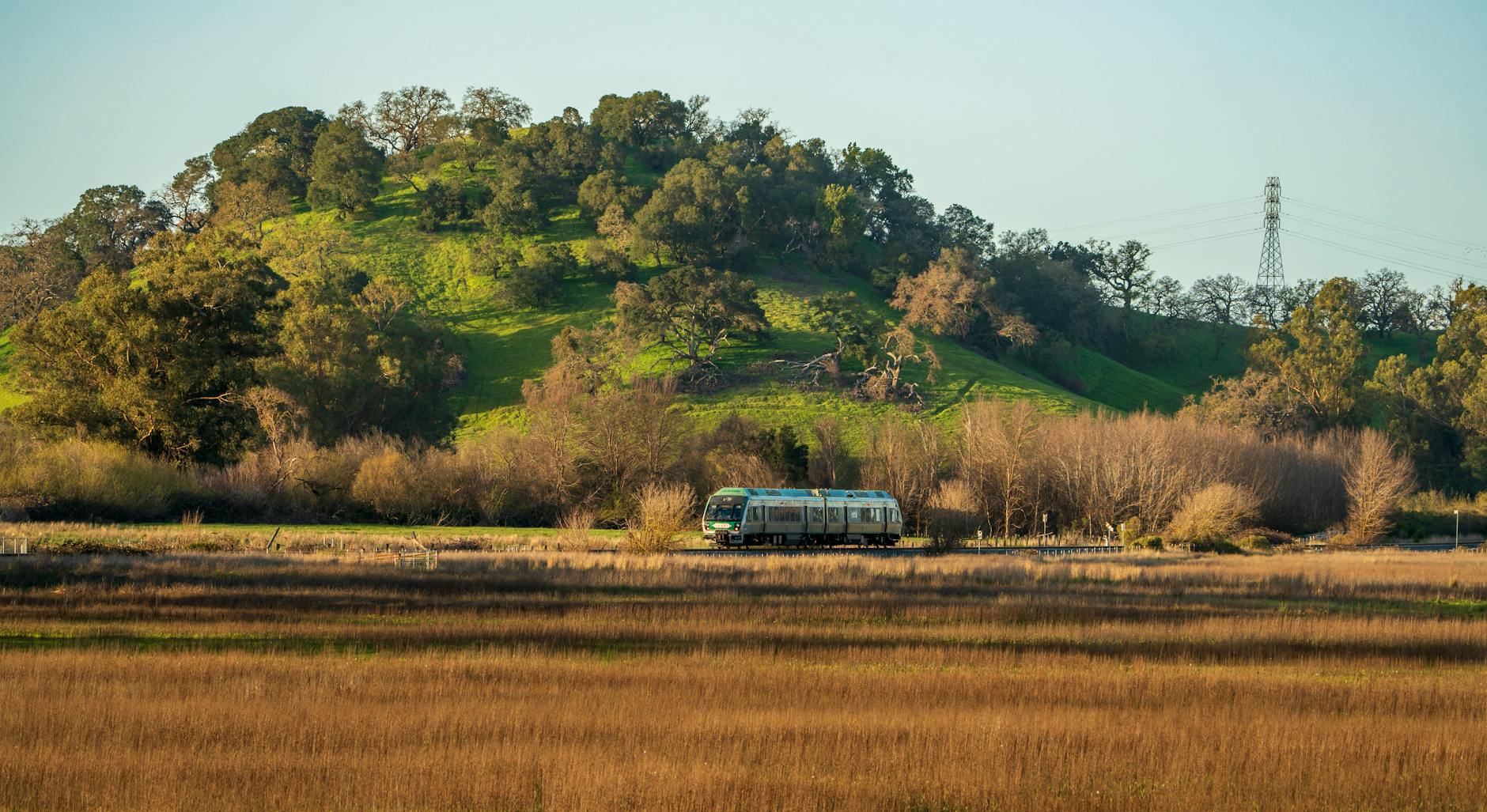How to Explore Australia While Enhancing Marine Conservation

Planning Your Eco-Friendly Trip
Identifying Key Destinations
When planning an eco-friendly adventure, selecting sustainable destinations is essential to aligning travel with conservation efforts. Consider immersive Galapagos tours that allow you to explore one of the most biodiverse regions on Earth. The rich marine life and unique ecosystems of the Galapagos Islands present an excellent opportunity to engage in responsible tourism practices while preserving the delicate balance of the local environment. As a marine conservationist based in Cairns, Queensland, I appreciate how these trips parallel the efforts to protect the Great Barrier Reef.
Additionally, climate-conscious explorers can venture into the icy realms of Arctic cruises. These carefully guided adventures offer a firsthand look at the fragile polar environments and provide meaningful insights into climate change impacts. Operators often employ sustainable practices to mitigate environmental footprints, ensuring the protection of these northern frontiers while educating travelers.
For a closer connection to nature, Patagonia tours encapsulate the spirit of eco-friendly travel. This region is a model of sustainable tourism, with its emphasis on conservation and local culture. The harmony between the natural beauty and human interaction in Patagonia exemplifies mindful exploration.
Embedding sustainability into your travel plans not only enhances your experience but also contributes to a greater understanding of marine preservation strategies equivalent to those protecting the nearby Daintree Rainforest.
Engaging with Marine Conservation
Exploring opportunities to engage in marine conservation can be an eye-opening experience, especially for those passionate about preserving our oceans. If you're like me, living in Cairns with a deep connection to the Great Barrier Reef, you'll appreciate the unique intersection of conservation and travel. Whether you’re taking part in South America tours. that focus on marine ecosystems or volunteering on conservation projects, these journeys offer a chance to directly contribute to preserving vital underwater habitats while experiencing some of the world's most pristine coastlines.
Volunteer Opportunities
One of the most fulfilling ways to contribute is through volunteer programs. From whale shark tagging projects to coral restoration efforts, these opportunities allow us to make a tangible impact while learning firsthand about marine ecosystems. Volunteering not only provides practical experience but also offers the chance to connect with like-minded individuals dedicated to marine preservation.
Educational Tours and Workshops
Education is a vital tool in promoting sustainable practices. Participating in educational tours and workshops can provide insights into the intricate dynamics of marine life. For instance, exploring the delicate balance of species in Central America’s marine reserves can be enlightening. Many Central America travel initiatives offer specialized programs that dive into topics such as sustainable fishing and habitat protection, providing invaluable knowledge that fuels eco-conscious choices.
Local Community Collaborations
Fostering relationships with local communities is key to successful conservation efforts. Collaborating on projects that enhance marine sustainability promotes a sense of shared responsibility. Working alongside communities during Central America tours encourages the exchange of insights on sustainable tourism practices, benefiting both local livelihoods and the environment.
Engagement in these aspects not only protects marine ecosystems but also enriches our understanding of the vital role we all play in preserving the planet.
Sustainable Activities in Australia
Eco-Conscious Snorkeling and Diving
As a marine conservationist based in Cairns, I'm often charmed by the allure of the Great Barrier Reef. Its beauty is awe-inspiring, but it's crucial to explore it responsibly. Eco-conscious snorkeling and diving tours offer a firsthand glimpse into the underwater wonders while promoting sustainability. By choosing operators that follow stringent environmental guidelines, you not only witness marine splendour but also contribute to its protection.
Participating in Beach Clean-Ups
Joining beach clean-ups is a rewarding way to make a tangible impact on our coastal ecosystems. During these events, you join fellow enthusiasts to remove plastic waste and other pollutants, protecting marine life. These clean-ups often take place near the Cairns Esplanade Lagoon, a hub for those dedicated to revitalising our shores. It’s not just about cleaning up; it’s about learning the importance of marine preservation firsthand. If you're planning Cuba tours, you might also find opportunities to participate in similar conservation efforts, exploring the island’s pristine beaches while supporting initiatives that safeguard its rich marine biodiversity.
Supporting Marine Sanctuaries
Supporting marine sanctuaries ensures the long-term protection of our ocean habitats. These designated areas serve as safe havens for diverse species and help maintain ecological balance. Whether visiting a sanctuary or advocating for their expansion, your involvement is crucial for both local biodiversity and tourism sustainability. Integrating insights on marine preservation into your travels keeps the delicate balance between conservation and exploration intact Central American tours.
Promoting Responsible Tourism
Partnering with Eco-Friendly Operators
As someone passionate about marine conservation, selecting travel operators who share this vision is crucial. Partner with those committed to protecting ecosystems, whether you’re booking Cuba travel or embarking on Antarctic tours. Look for certifications like Eco-Tourism Australia when planning trips. Eco-friendly operators often employ local guides, respect wildlife habitats, and invest in sustainable community projects. By choosing them, you ensure your travel supports conservation efforts while minimizing environmental impact.
Educating Fellow Travelers
It's essential to engage and educate other travellers on sustainable tourism. Share your insights on marine preservation and eco-friendly practices with those around you. Encourage peers to visit conservation-focused sites like the Daintree Rainforest during their stay in Cairns. Through conversation and shared experiences, highlight simple but impactful ways to travel responsibly. Whether it's reducing plastic use or participating in local conservation events, every effort counts in preserving our natural treasures.
Documenting and Sharing Experiences
Our personal stories can inspire others to embrace responsible tourism. Document your adventures through photos, videos, or a travel blog focused on sustainable practices. Highlighting visits to places like the Great Barrier Reef can showcase the delicate marine life that thrives when respected and conserved. Use your platform to discuss how eco-friendly practices enhance travel and promote broader awareness of challenges facing these ecosystems. Each shared experience not only advocates for change but also connects like-minded individuals working collectively for nature's preservation.
Embracing Challenges for Sustainable Travel
Balancing Tourism and Conservation
Striking a balance between tourism and conservation is paramount here in the heart of the Great Barrier Reef and the Daintree Rainforest. These iconic locations face the intricate challenge of welcoming travellers while preserving their natural habitats. As we explore initiatives around the Cairns Esplanade Lagoon, it is vital to promote respectful engagement. Eco-guidelines and restricted zones are implemented to reduce human impact, ensuring we leave a minimal footprint. It's about developing a tourism model that respects these environments while offering enriching experiences.
Overcoming Environmental Impacts
In our pursuit of sustainability, we can't ignore the pressing environmental impacts that threaten marine ecosystems. Rising water temperatures and pollution are just the beginning. Participating in beach clean-ups not only aids in removing plastic waste but strengthens our commitment to preserving marine life. Moreover, responsible diving and snorkelling practices are imperative, even as we marvel at the vibrant coral and aquatic life. Remember, simple changes like choosing reef-safe sunscreens can have a profound effect on marine preservation.
Navigating Economic Pressures
Economic pressures pose a challenge, not just for the community but also for conservation efforts. Sustainable tourism can often come with higher initial costs; however, these investments deliver long-term benefits. By supporting local communities, such as indigenous groups and artisanal sellers, we funnel economic gain back into environmental efforts. This collaborative approach ensures that economic pressures do not compromise conservation goals. Together, we can advocate for more eco-friendly policies and promote industries that prioritise our planet’s health.


